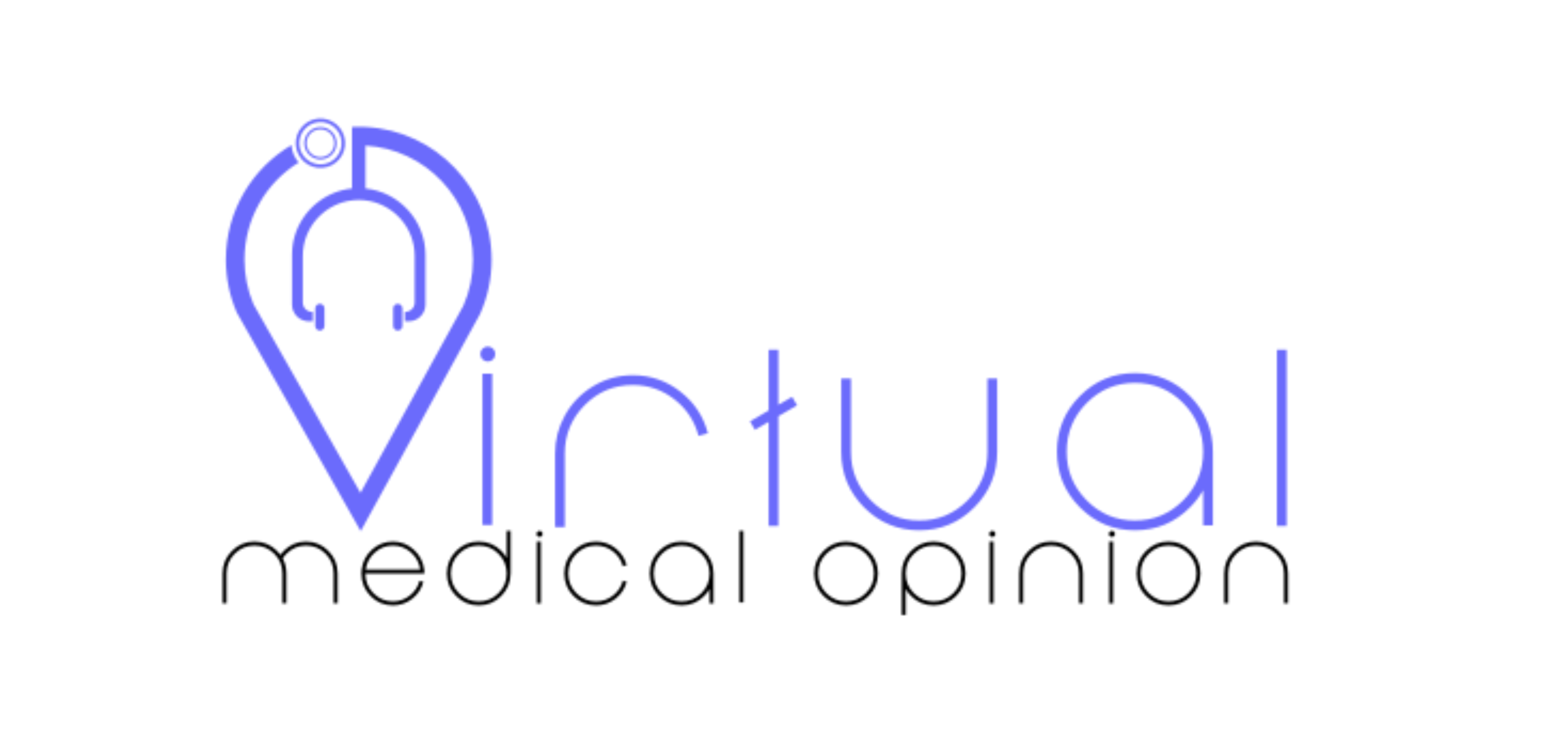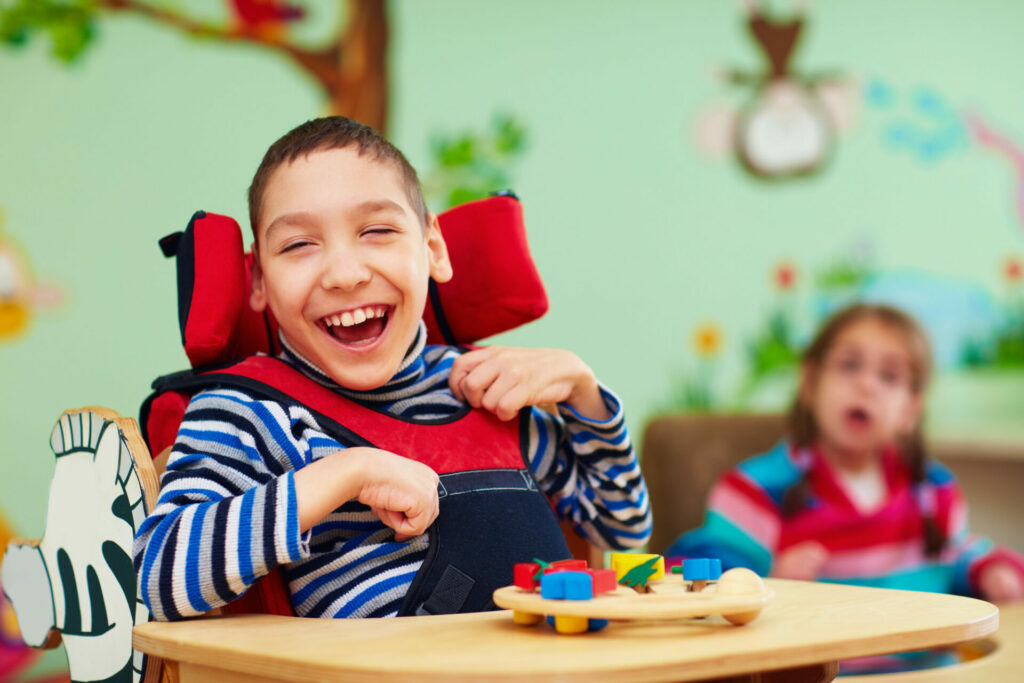Autism spectrum disorder (ASD) is a developmental disability that can cause significant social, communication, and behavioral challenges.
Signs and symptoms:
- not point at objects to show interest
- not look at objects when another person points at them
- have trouble relating to others or not have an interest in other people at all
- avoid eye contact and want to be alone
- have trouble understanding other people’s feelings or talking about their own feelings
- prefer not to be held or cuddled
- appear to be unaware when people talk to them, but respond to other sounds
- repeat or echo words or phrases said to them, or repeat words or phrases in place of normal language
- have trouble expressing their needs using typical words or motions
- not play “pretend” games (for example, not pretend to “feed” a doll)
- repeat actions over and over again
- have trouble adapting when a routine changes
- have unusual reactions to the way things smell, taste, look, feel, or sound
- lose skills they once had (for example, stop saying words they were using)
When to see a doctor?
There are different symptoms at different ages:
In the first year, a baby with autism might not be interested in other people and may not make eye contact with their parents. They may not smile or gesture like other babies.
As toddlers, children with autism might not respond to their name, or might focus on activities like lining up toys. They may not be interested in playing with other children or might speak in a monotone way.
Sometimes people are not diagnosed with autism until they are adults. They may spend their lives feeling like they don’t quite fit in. They may have difficulties with relationships, work and social situations. They may also have mental health conditions like anxiety or depression.

